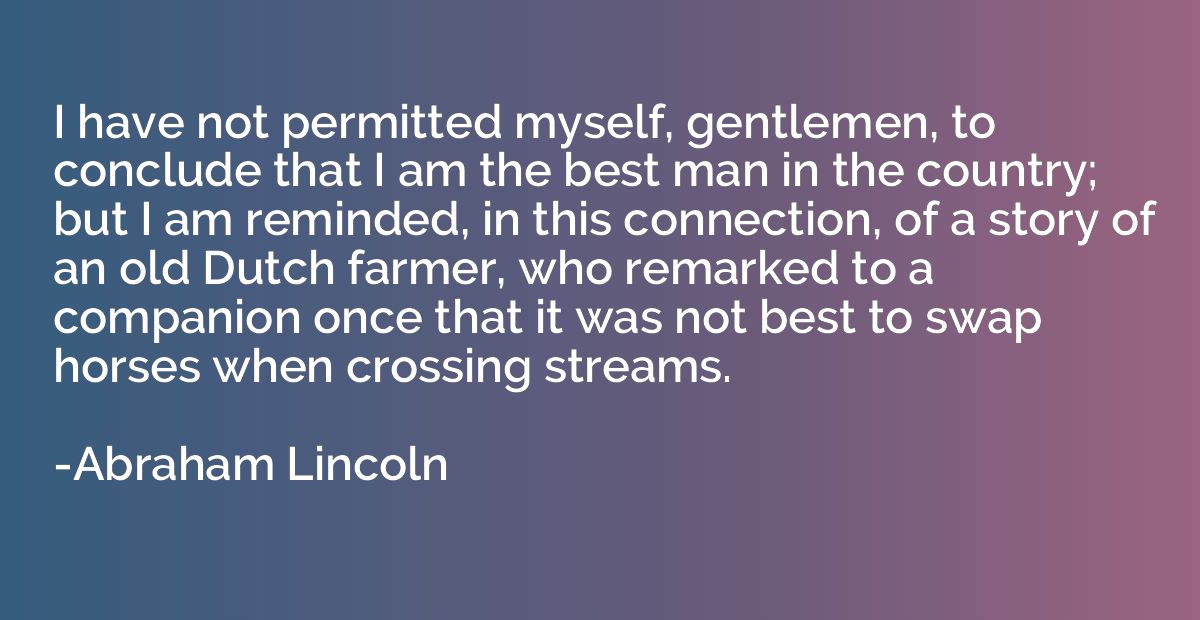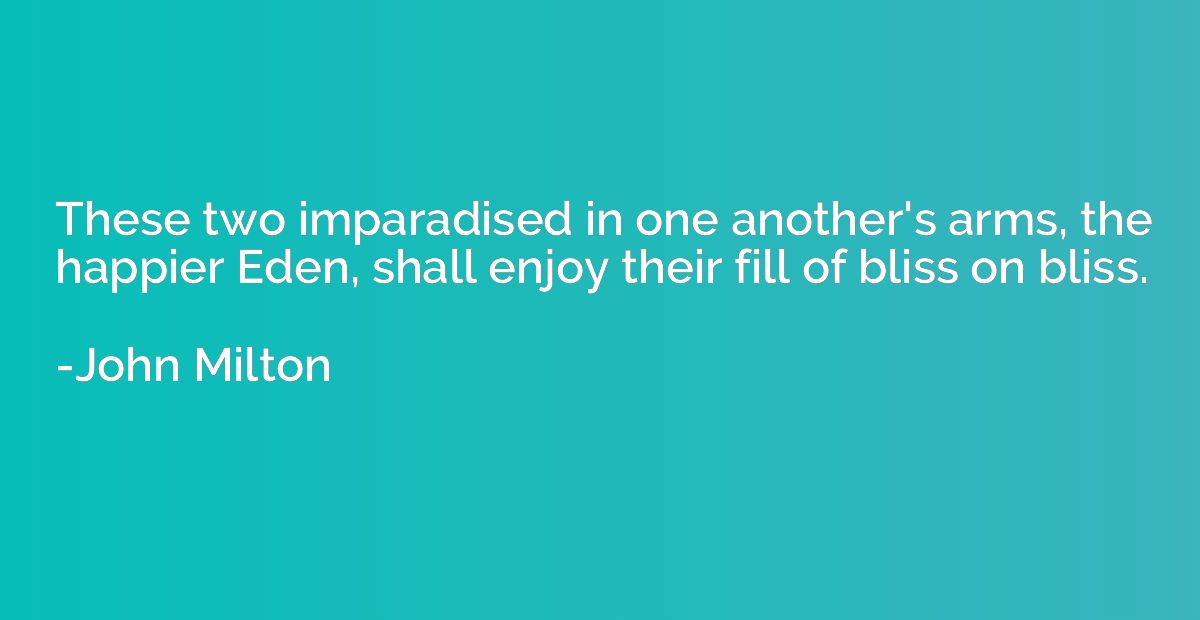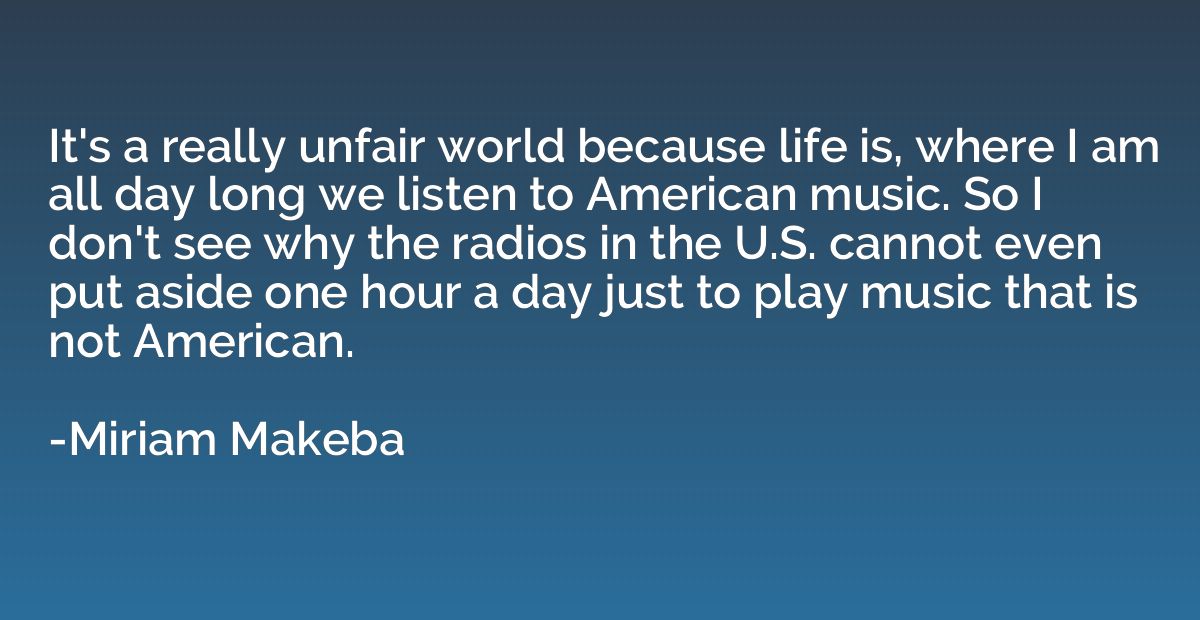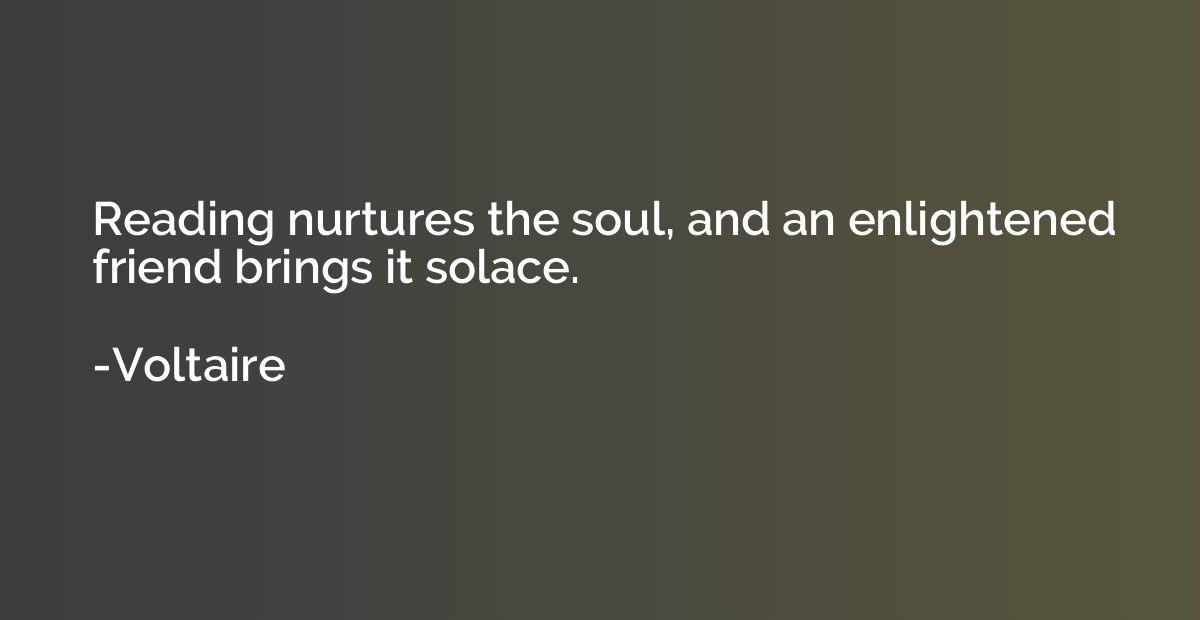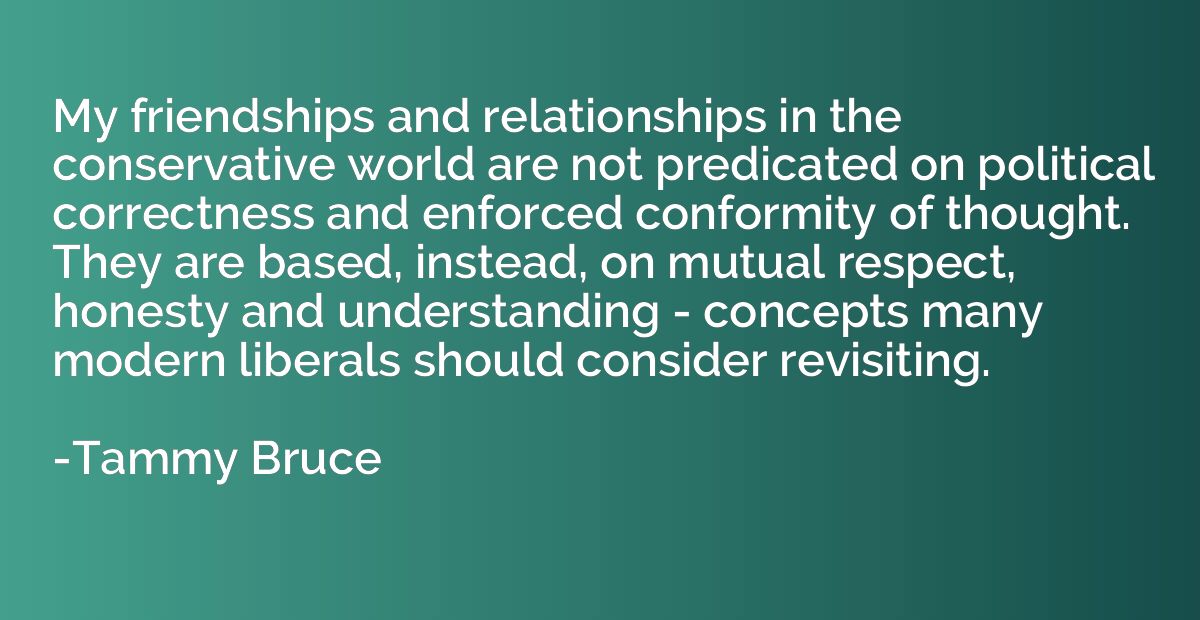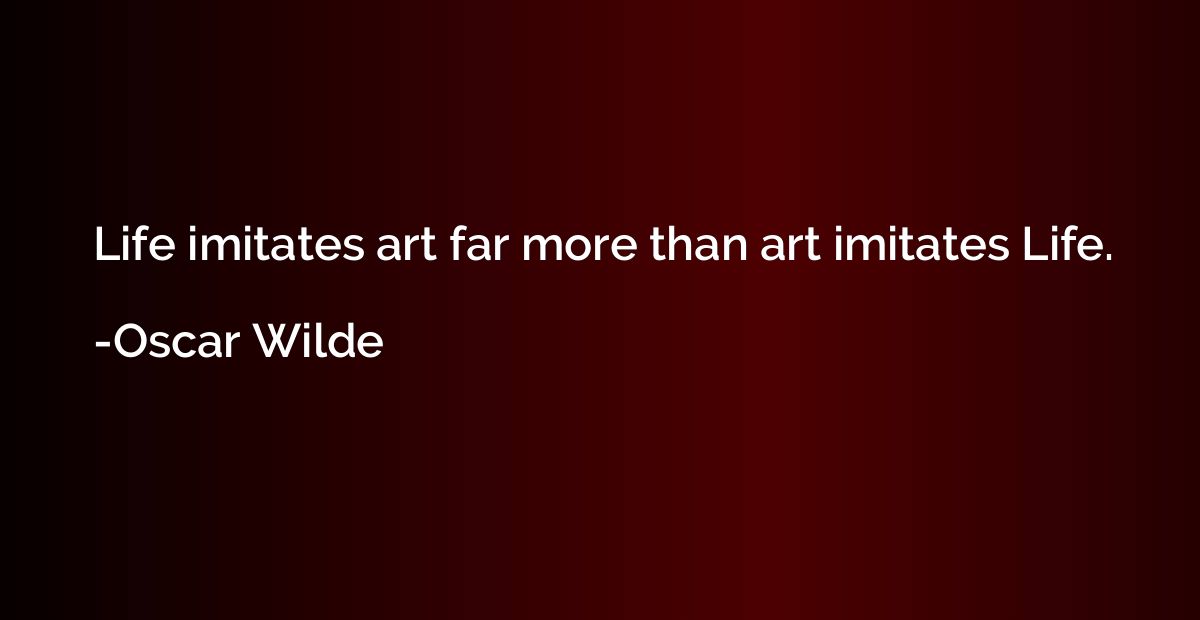Quote by R. D. Laing
From the moment of birth, when the stone-age baby confronts the twentieth-century mother, the baby is subjected to these forces of violence, called love, as its mother and father have been, and their parents and their parents before them. These forces are mainly concerned with destroying most of its potentialities. This enterprise is on the whole successful.
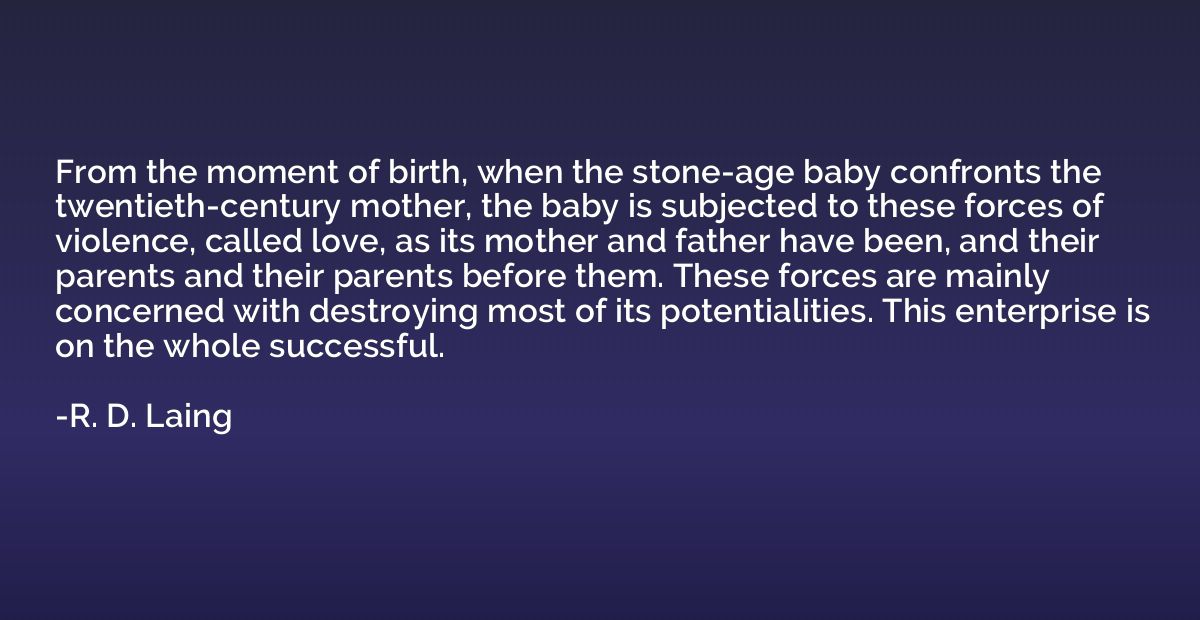
Summary
This quote suggests that as soon as a baby is born, they are exposed to various forms of violence disguised as love. The parents themselves have experienced these destructive forces of love, passed down through generations. The quote implies that these forces aim to limit the baby's potential and abilities, and unfortunately, they largely succeed in doing so. Ultimately, it reflects a cynical view on the way societal constructs and personal relationships can paradoxically hinder individual growth.
By R. D. Laing



